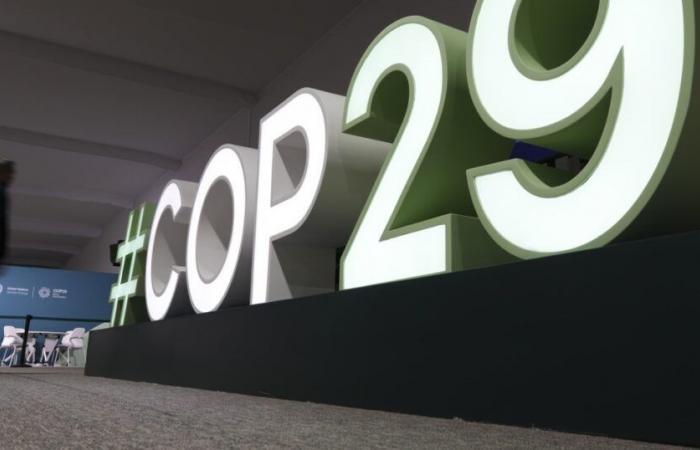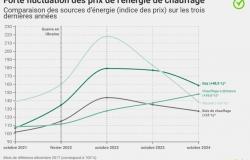The 29th United Nations Climate Change Conference (COP29), which concluded last weekend, failed to produce enough progress to keep global temperatures at 1.5 degrees Celsius and avoid the worst impacts of climate change. COP29 resulted in a global financing target that developing countries consider insufficient to enable them to fight global warming.
One of the texts adopted by the conference did not explicitly mention the need to move away from fossil fuels, as previously agreed last year in the COP28 outcome document. No further progress was made on this crucial topic at COP29.
The communities most at risk have long suffered the impacts of fossil fuel exploitation, which must be phased out from a human rights perspective. The President of Azerbaijan, the host country of COP29, Ilham Aliyev, said during his inaugural speech that fossil fuels were a “ gift of God », suggesting that states rich in these resources have the right to increase their exploitation.
COP29 also adopted new rules on the carbon market, aimed at enabling countries to meet their commitments to the Paris Agreement through carbon offset projects. But the move ignores a long history of such projects that have violated rural communities’ land rights and vastly overestimated their climate benefits.
The crackdown on dissent in Azerbaijan limited meaningful civil society participation during COP29. In the run-up to the conference, authorities arrested dozens of journalists, human rights defenders and others who criticized the government on trumped-up charges. Climate activists were unable to demonstrate outside the conference site because public gatherings are limited in Azerbaijan, and they were asked to stay in a conference room within the “blue zone” administered by the UN. Slogans were not allowed, so protesters hummed instead. Some participants I spoke with, including human rights defenders, activists and journalists, acknowledged that they self-censored and avoided publicly criticizing the Azerbaijani government for fear of reprisals.
Such restrictions are unacceptable. Meaningful participation of civil society and respect for fundamental rights and freedoms must be protected in climate negotiations, as they are essential to ensure fair and ambitious government actions to tackle the climate crisis.
Governments should urgently step up their efforts to respond to the climate crisis by communicating, by early 2025, their national emissions reduction targets consistent with the Paris Agreement. They should also formulate concrete plans to move away from coal, oil and gas within specific time frames.






